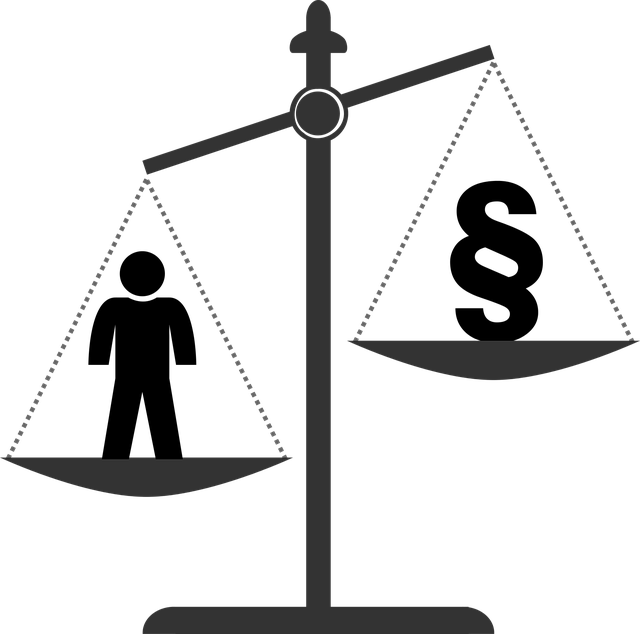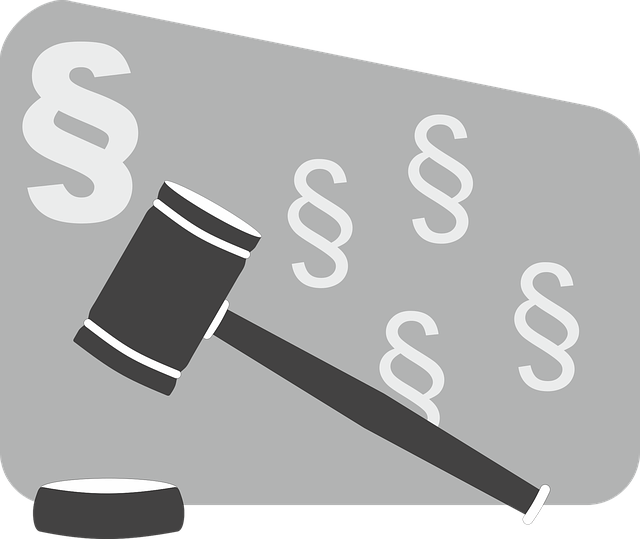C-Level Investigations focuses on complex consumer fraud cases under Consumer Protection Under Competition Law, employing advanced techniques to expose and prevent white-collar crimes. They strive for complete charges dismissals, promoting justice, business integrity, and market transparency. Their goal is to prevent indictments, ensuring economic stability and fostering ethical business practices for all market participants by upholding competition law protections against anti-competitive behaviors that distort markets and harm consumers.
“In recent years, C-level investigations have gained significant traction as a powerful tool in the fight against consumer fraud. This article delves into the intricate world of high-profile enforcements, focusing on `Consumer Protection Under Competition Law`. We explore how strategic approaches to investigating C-level individuals are revolutionizing market integrity. From uncovering consumer fraud to ensuring fair competition, these investigations leave an indelible mark on industry practices. By examining real-world cases, we analyze the profound impact of robust consumer protection measures.”
- C-Level Investigations: Uncovering Consumer Fraud
- Competition Law: Protecting Consumers from Harm
- Strategic Approach to High-Level Enforcements
- Impact of Consumer Protection on Market Integrity
C-Level Investigations: Uncovering Consumer Fraud

C-Level Investigations delves into complex consumer fraud cases, a critical aspect of Consumer Protection Under Competition Law. These high-level inquiries often uncover intricate white collar and economic crimes that can have far-reaching implications for businesses and consumers alike. By employing advanced investigative techniques, our team ensures meticulous navigation through the labyrinthine financial trails left by fraudulent activities.
The goal is not merely to expose wrongdoings but also to achieve a complete dismissal of all charges, providing justice and safeguarding business integrity. Through these investigations, we contribute to fostering a more transparent and trustworthy marketplace, helping to avoid indictment and ensuring economic stability for all participants.
Competition Law: Protecting Consumers from Harm

Competition Law plays a pivotal role in safeguarding consumers from potential harm caused by anti-competitive practices and market distortions. It ensures fair trade, promoting healthy competition among businesses. This legal framework is particularly crucial for high-stakes cases involving complex business strategies, where every decision can significantly impact respective business landscapes.
By enforcing consumer protection under Competition Law, regulatory bodies aim to prevent collusion, abuse of dominant market positions, and anti-competitive agreements that might drive up prices or limit consumer choices. This not only fosters a robust and sustainable economic environment but also empowers consumers to trust the markets they engage with, ensuring fairness for his clients in the long run.
Strategic Approach to High-Level Enforcements

In the realm of C-Level investigations, a strategic approach to high-level enforcements is paramount. When addressing issues within consumer protection under competition law, professionals must adopt a meticulous and nuanced strategy tailored to the unique complexities of each case. This involves navigating intricate legal landscapes and understanding the profound implications for all stakeholders involved.
Successfully managing high-stakes cases requires a commitment to achieving extraordinary results while meticulously preparing for potential jury trials. The goal is not merely to comply with regulations but to ensure fairness, transparency, and accountability across industries. This strategic approach demands deep industry knowledge, agile legal maneuvering, and a relentless pursuit of justice, ultimately fostering an environment where businesses thrive ethically.
Impact of Consumer Protection on Market Integrity

The Consumer Protection Under Competition Law plays a pivotal role in maintaining market integrity and fostering trust among consumers. By ensuring fair business practices, it safeguards buyers from exploitative strategies, such as price-fixing or anti-competitive behaviors. This is crucial for upholding the health of the marketplace, promoting economic well-being, and preventing high-stakes cases that could destabilize respective businesses and even impact the philanthropic and political communities.
Effective consumer protection measures act as a deterrent against unethical conduct, encouraging companies to operate transparently. This not only encourages competition but also ensures that consumers receive quality products or services at fair prices. In turn, this strengthens market integrity by creating an environment where businesses thrive based on merit, innovation, and value rather than subterfuge or manipulation.
The launch of C-level investigations signifies a significant step forward in consumer protection, particularly under Competition Law. By targeting high-level executives and employing strategic enforcements, authorities aim to deter consumer fraud and promote market integrity. This proactive approach not only safeguards consumers but also fosters a culture of ethical business practices, ultimately enhancing the overall health and stability of the marketplace.






